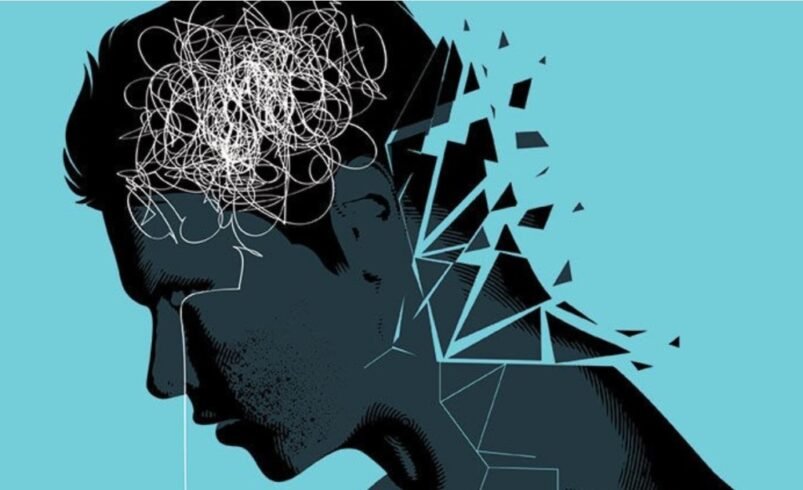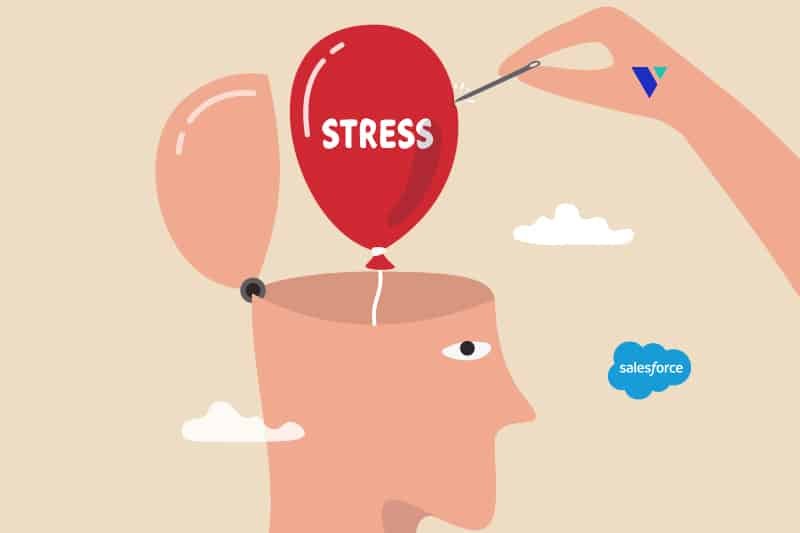Dealing with Mental Health Issues as an Athlete? Try These 7 Solutions

Athletes have to go through many physical and emotional trials during their journey. If they get a sprained ankle or broken wrist, their injury is noticed, and the time they take to heal is not questioned. However, if any athlete has mental health issues, the world looks at them questioningly because they don’t think that taking time off for their mental health is ideal.
Just because there is no X-ray or MRI test to show the proof of mental health does not mean it doesn’t exist. Anxiety or depression, eating disorders and stress disorders are very common amongst athletes.
‘Pushing through it’ is not sound or valid advice. If you are an athlete, whether at the college level or at a professional level, then here are some tips to ensure your mental health improves.
Focus on what you need and should do
The main source of mental health issues for athletes is the pressure of competition. If you give in to this pressure, you will end up destroying not just your career but your health too. And this includes both physical and mental health. You need to remove competition from the equation. If that means taking some time off, do it to ensure your body gets what it needs. This will help your body be the best version of itself. A few small things—exercising, eating nutritious food along with satisfying your taste buds sometimes can help profoundly. Moreover, you should also focus on your sleeping patterns. Having erratic sleeping patterns can lead to worsening mental health.
Talk about the things stressing you out
As an athlete, there are many things that can stress you out. For a professional-level player, it is not just their performance but also their physique, reputation, and more. For an athlete at the school or college level, it can be about balancing work with sports. This can be a lot, and if you are living in a sparsely populated town like Orange in Australia, things can be worse as word spreads fast.
If anything is troubling you, don’t suppress it. Instead, talk to a friend, family, or even your coach. Moreover, if things seem to be going out of control, talking to a therapist at Orange Counselling & Relationship Counselling for any issues (yes, athletes with relationship issues can also take therapy) helps. Professional help for players should not be a stigma but should be encouraged, as it helps them grow.
Set realistic goals
Often athletes face mental health troubles when they have unrealistic goals. Yes, you need to be the best at your game. But if you are constantly pressuring yourself to perform better without giving yourself rest or having realistic expectations, you are wrong. This only increases the pressure you feel. So, it is best to set realistic goals that you can achieve easily. Have your coach become your accountability buddy to ensure you are not overdoing anything.
Do not take pills or steroids
Sometimes problems like performance anxiety make athletes take pills or steroids. It is one of the worst things you can do to yourself. It impacts your health and can set back your career. If you ever think about taking performance-enhancing pills or steroids, talk to your coach or a professional.
Take time off
Do not worry about people judging you. If your mental health makes you lose your sleep or ride high on emotions, take time off. Be vocal about your issues and what you need to do to get better. Once you come back stronger, everyone will stop talking. This is something the coaches should pay attention to. If their players show signs of mental exhaustion or burnout, it is necessary to encourage them to take time off and seek professional help.
Refocus your mindset
Many athletes start getting frustrated at the sport they are playing at due to immense pressure. This pressure makes them forget why they started. Instead of looking at the sport as their passion or love, they see it as a job. This mindset often leads to burnout. Refocusing your mindset and rediscovering your love for the profession again helps a ton.
Get closer to nature and fix your sleep schedule
Two pieces of advice that work for anyone suffering from mental health issues as well as athletes are: get closer to nature. When you spend time traveling to naturally beautiful places or doing gardening, it calms your mind. It helps you refocus! Moreover, work on your sleep schedule. A sound sleep repairs your body, prevents burnout and helps you feel energized for the day ahead.
Ending Note
No solution is a fit-me-all, especially when it comes to athletes. But knowing you need help and taking steps in this direction is the right start.




